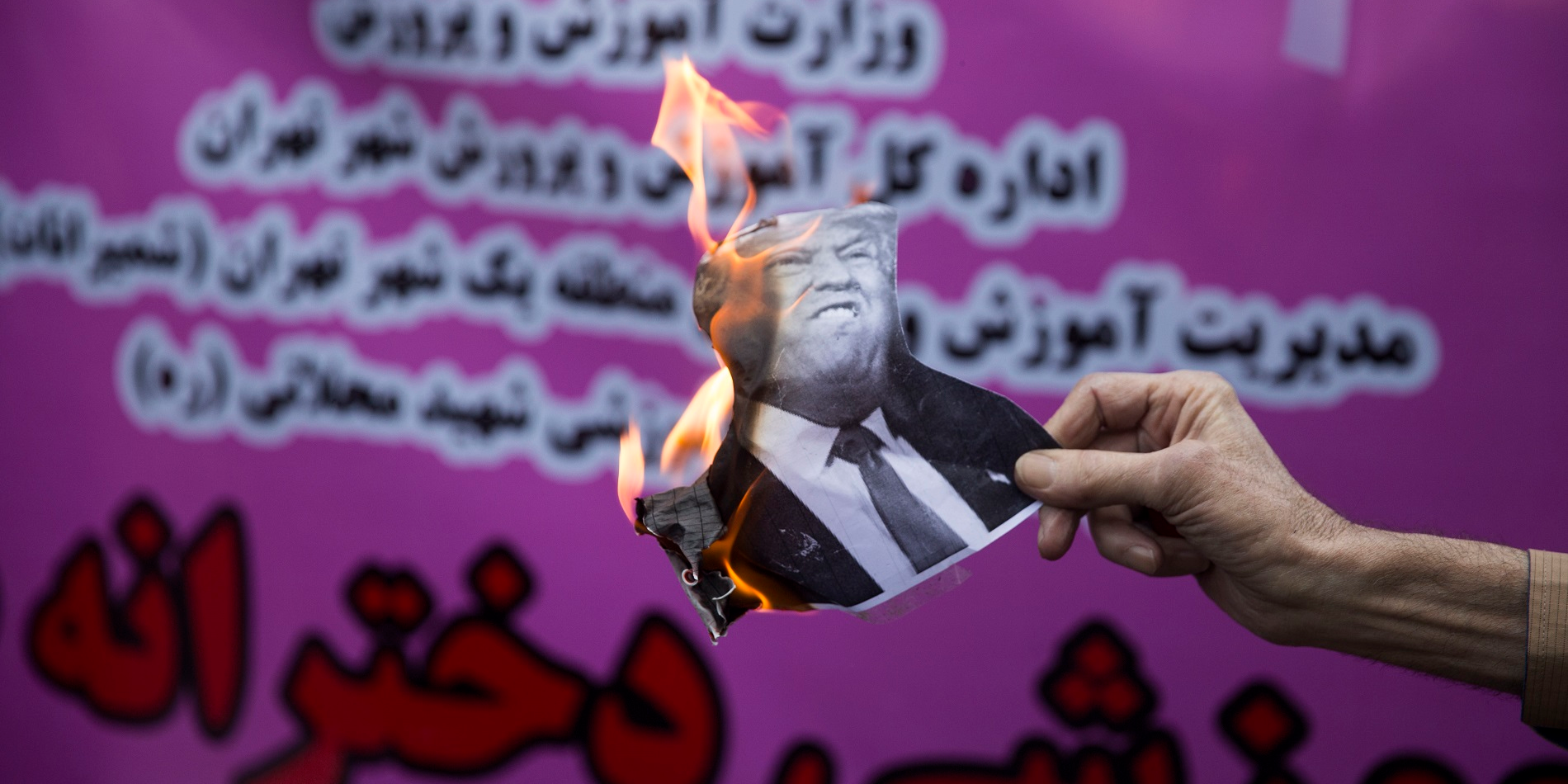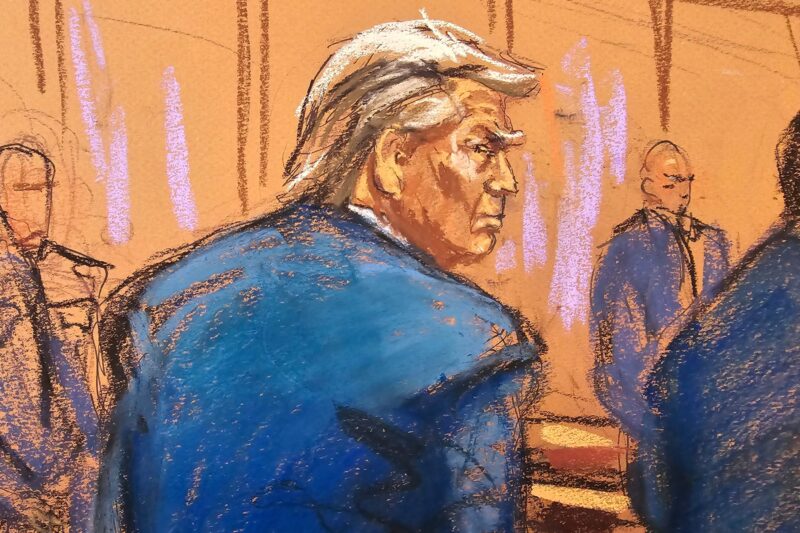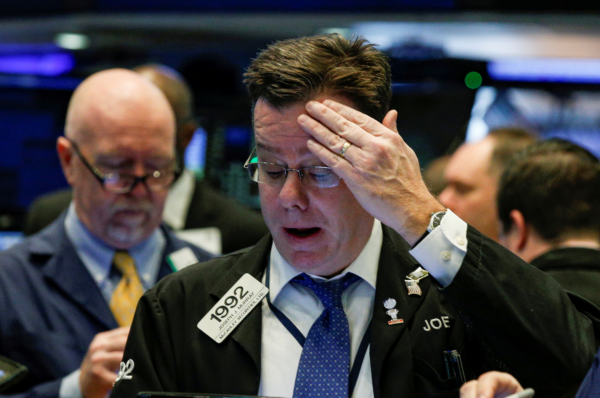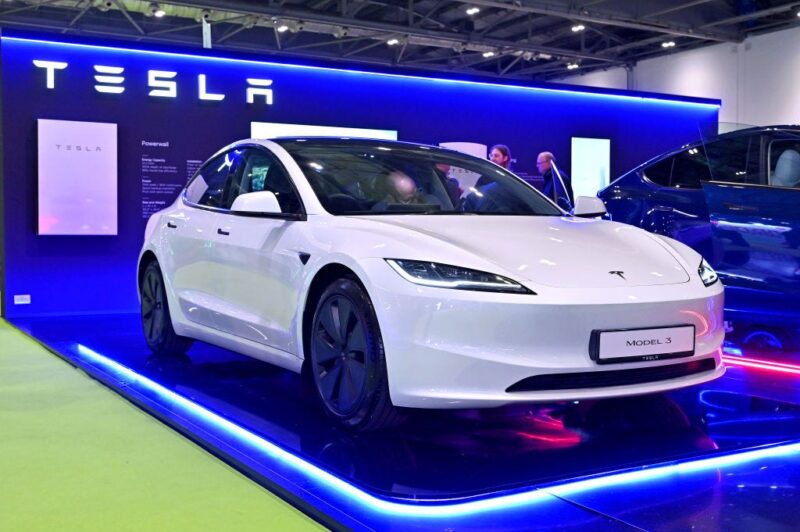- President Donald Trump on Monday announced new sanctions targeted at Iran’s top leadership and those thought responsible for downing a US drone flying near the country.
- Iranians have complained of feeling their “bones breaking” under enormous and effective Trump-imposed sanctions.
- Iran downed a $130 million US drone recently, but under Trump’s sanctions, the country is likely losing more than $120 million a day in June.
- Trump has so far declined to go to war with Iran or carry out military strikes, and he seems happy to let the country simply suffer under economic warfare until they take the humiliating step of holding a dialogue.
- Visit Business Insider’s homepage for more stories.
President Donald Trump on Monday announced new sanctions targeted at Iran’s top leadership and those thought responsible for downing a US drone flying near the country.
The sanctions join with previous US-imposed restrictions on trade with Iran to form some of the harshest sanctions on any country in the world, and Iran is feeling the effects.
Iran’s official press has recently bragged about its military prowess when downing a US drone worth about $130 million, touting it as a nasty black eye for the world’s military superpower.
But a recent Reuters report said Iran’s oil exports are down to a scant 300,000 barrels per day. In April 2018, before Trump exited the Iran deal, which provided the country with sanctions relief in exchange for its commitment to not build nuclear weapons or their key components, Iran was exporting 2.5 million barrels a day.
At today's rate per barrel, the Trump-induced decline in exports has probably cost Iran $120 million a day from oil alone - almost the cost of the US's pricey drone.
For the US, losing a drone is costly and destabilizing but not really a big deal for a country with a $718 billion annual defense budget. In Iran, the currency has crashed, and the country has become gripped by protests and strikes. And it has felt a crackdown on the financial freedom for all of its citizens.
While many Iranians, particularly the powerful hard-liners close to Ayatollah Ali Khamenei, the country's supreme leader, blame the US for the financial woes, ordinary Iranians have a more mixed view of the topic.
"The economic war is a reality and people are under extreme pressure," Shiva Keshavarz, a 22-year-old accountant living in Iran, told The Associated Press.
Iran's theocratic rulers "keep telling us to be strong and endure the pressures, but we can already hear the sound of our bones breaking," she said.
According to the AP: "Inflation is over 37%, according to government statistics. More than 3 million people, or 12% of working-age citizens, are unemployed. That rate doubles for educated youth."
Iranians can hardly get their hands on cellphones. The prices of everyday items have skyrocketed for average workers.
Iran is lashing out in devastation. The US is ignoring it.
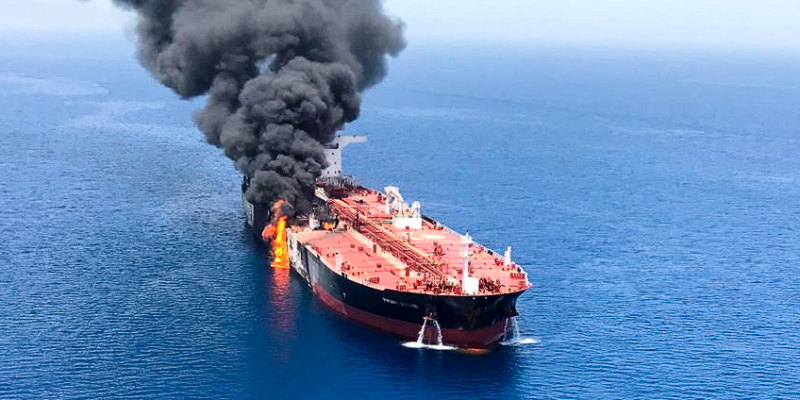
In the US, the economy is, by conventional measures, booming. More often than Trump tweets about Iran, he tweets about records being set in the stock market.
While Trump's policies haven't directly created the great market or historically low levels of unemployment, he has certainly touted them and seemed to enjoy them.
Iran is under such acute financial strain that many geopolitical experts, many associated with former President Barack Obama's administration and big supporters of the Iran deal, have branded the oil-tanker mining that Iran is accused of in the region and the country's deliberate drone downing as "predictable."
When speaking about Iran, Trump often likens the country to North Korea, promising it has a bright future if it cooperates with the US.
The US has suffered some attacks from North Korea over decades of hostility, including citizens detained and a US Navy ship attacked and captured. The US never responded to the incidents with force.
Iran's leaders deeply hate the US and frequently chant "death to America" or burn US flags. As for talking to the US, as Trump often offers, Iran has already written the idea off as a "humiliation" unless the US eases sanctions first.
Trump has backed off using force against Iran so far but ratcheted up the economic warfare on Tehran, Iran's capital, while waving the idea of a diplomatic summit.
If the Trump administration's preferred dynamic with Iran continues, in a few decades time, Tehran could be as poor and insulated as Pyongyang, North Korea, and the US would probably look like it does now.

